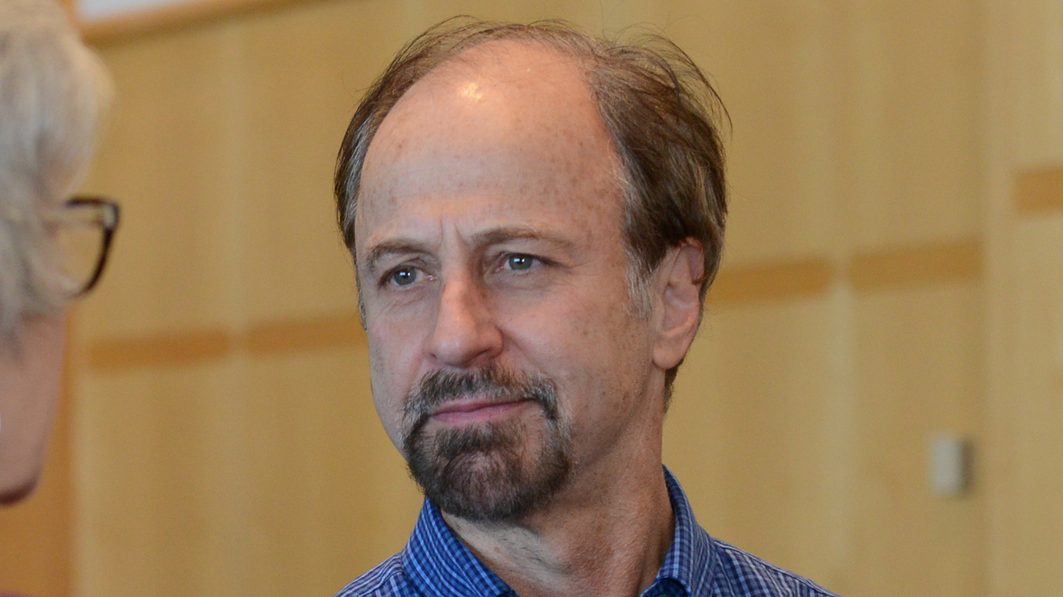Hefner Interviewed on Great Power Strategies in Southeast Asia

In an interview with tbs eFM’s “This Morning” with Henry Shinn, Robert Hefner, Professor of Anthropology and of International Relations at Boston University’s Frederick S. Pardee School of Global Studies and Director of the School’s Center for the Study of Asia, discussed United States, China, and Russian Relations in Southeast Asia.
In his remarks, Hefner argued that despite the U.S. administration’s “pivot to Asia,” the Chinese government has a far more extensive and multi-pronged set of initiatives underway in Southeast Asia. Meanwhile, governments across this region have appreciated that, after their being neglected by the Trump administration, the Biden administration is sending leading diplomats to the area. However, he said that state authorities across Southeast Asia remain unconvinced that a significant change has occurred.
Meanwhile, Hefner notes that Russia has succeeded in turning itself into a main provider of arms for states across the region over the past few years, even Indonesia, which historically favored U.S. arms. At the same time, governments in the region were surprised by the scale and brutality of the Russian intervention in Ukraine. Although few countries wish to make any public point of it, there’s a general sense that Russia is not at all the even-handed player many governments had hoped it might be.
The United States, China and Russia have engaged in diplomatic warfare 14 times in the past two months by high-level officials from the three governments in and out of Southeast Asia. To find out more, we have Dr. Robert Hefner from Boston University.https://t.co/e3QPKewhRo
— TBS eFM This Morning (@efmthismorning) July 19, 2022
Robert Hefner has directed 19 research projects and organized 18 international conferences, and authored or edited nineteen books. He is the former president of the Association for Asian Studies. At CURA, he directed the program on Islam and civil society since 1991; coordinated interdisciplinary research and public policy programs on religion, pluralism, and world affairs; and is currently involved in two research projects: “The New Western Plurality and Civic Coexistence: Muslims, Catholics, and Secularists in North America and Western Europe”; and “Sharia Transitions: Islamic Law and Ethical Plurality in the Contemporary World.” Read more about Professor Hefner on his faculty profile.